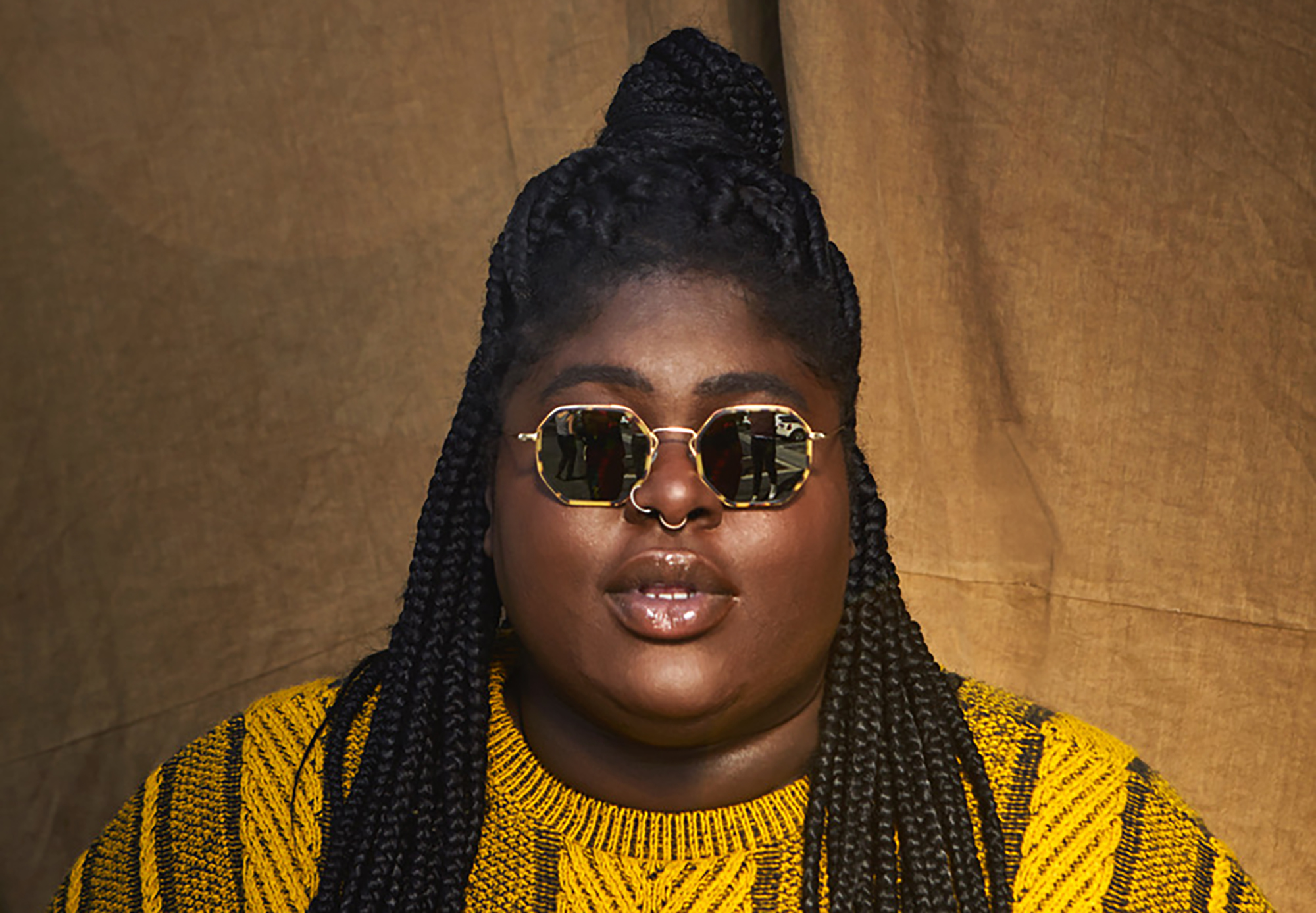
At just 22, Jane Chika Oranika, better known to fans of her music, as the rapper Chika, has gotten support from the likes of Erykah Badu, Sean “Diddy” Combs, and Jada Pinkett Smith. The Montgomery, Alabama native might be best known to the Internet as the talented emcee who went viral last fall when she called out Kanye West in a fiery freestyle over his own “Jesus Walks” beat last spring after West sported a “Make America Great Again” hat, praised Donald Trump and endorsed Candace Owens. But becoming a rising hip hop star was never on Chika’s radar. Although she had always been musical, she only started rapping seriously in recent years.
“I’ve never gotten a reception like that to any musical thing I’ve done, and I realized I was good at it,” she told TIME. “I just wanted to get better from that day forward. I genuinely began to feel like, ‘If this is something I want to do with my life, I want to be the best at it.’ So I kept just posting more videos, writing every single night for a year, just to brush up on the skills and that’s kind of how I fell into it.”
Now, Chika’s ready to take center stage. She released her first single, “No Squares,” where she reflects on the meaningful friendships in her life as her career takes off, on Wednesday. She’s been vocal about her goal to hone her craft to “bring back what’s real and let people be more in touch with themselves.” Ahead of the single’s debut, TIME caught up with Chika to talk about her new music, her viral Kanye freestyle and the new wave of women in rap.
How did you start rapping?
I’ve been rapping seriously for about two years, like actually taking care of the craft and paying attention to it, but I started writing poetry when I was 11 and I started singing, incorporating raps and spoken word into songs since I was a kid, like middle school.
Your freestyle about Kanye went viral last year — why did you choose to rap about that?
I felt like Kanye, as someone who’s been in the industry for so long and someone who’s so respected by so many, to directly spit in the face of the people who built him up, was kind of triggering. It made me annoyed. I feel like he wasn’t taking his position seriously enough to realize that what he was saying could directly hurt the very people who built him up to have the platform to say what he’s saying. I felt like I had to do my due diligence because I’m trying to be in the same industry as you, but I have to help the people at this point, and you’re not doing that. No one was really doing that; everyone was just like quietly disagreeing. I felt like the only way to directly get to him was to talk to him over his own song. That’s the most Kanye thing you could possibly do because he’s going to listen.
It’s a big moment for female emcees in the industry right now. What does it feel like for you to be part of this moment in rap?
It feels just right; it’s a beautiful feeling because it’s so long overdue. Women in music are always overlooked for the most part, especially women in hip hop, we don’t always get to be ourselves and shine. Whatever’s happening is a resurgence of energy happening with women and hip hop, this community is really growing strong, doing super well and I’m just excited to even be a part of the conversation and I feel super blessed to be part of it.
How do you feel about the future of hip hop industry?
I think it’s going back towards where it started, the roots of it, where people cared about the artistry of it, the brotherhood and sisterhood of it; I think that’s what’s happening now because there’s been so much time where it was about what’s contrived and image that people are just hungry for what’s real, that that’s what’s going to take over in hip hop. This resurgence is about actually caring about the craft and people speaking out and being more vocal about the issues that matter in their music.
What do you hope that your listeners will get from your new music?
I want to change the way that people process emotions. I want to bring back what’s real and let people be more in touch with themselves. Not all rap, of course, but some of it is so fabricated and narcissistic because we build this wall up around ourselves so that no one can hurt us as rappers and musicians. I want to strip that away and show that you can still make bangers that have a message and it doesn’t have to be corny and contrived; it can just be positive and it can be real. I just think that’s something that’s missing in the industry right now and I definitely want to do my best to resurrect that. I don’t feel that I chose rap, it chose me and I have to do it justice.
More Must-Reads from TIME
- Cybersecurity Experts Are Sounding the Alarm on DOGE
- Meet the 2025 Women of the Year
- The Harsh Truth About Disability Inclusion
- Why Do More Young Adults Have Cancer?
- Colman Domingo Leads With Radical Love
- How to Get Better at Doing Things Alone
- Michelle Zauner Stares Down the Darkness
Write to Cady Lang at cady.lang@timemagazine.com



